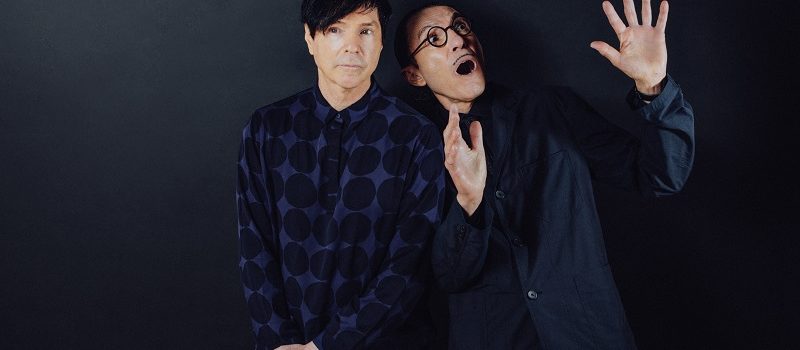One of the most influential, prolific, and enduring bands of all time has finally gotten their due in the form of an Edgar Wright (Baby Driver) directed documentary. Sparks is their last name, and The Sparks Brothers is the methodically put-together doc that celebrates their unique brand of musical menagerie.
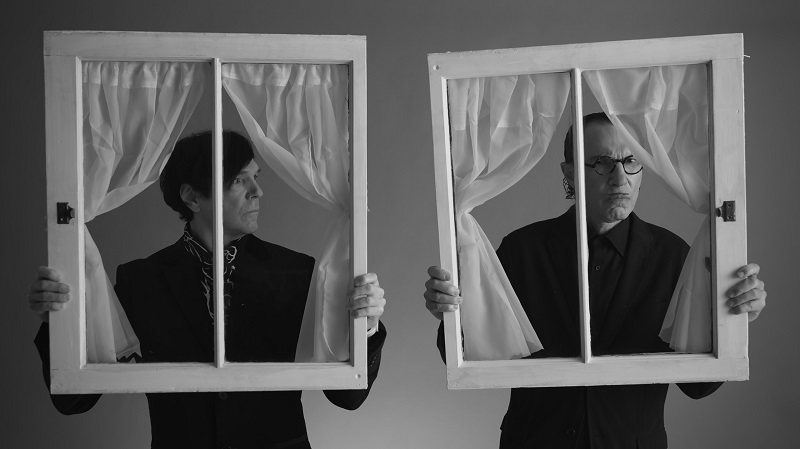
Sparks is the brother duo of Ron and Russell Mael, and their journey is chronicled over five wild and wacky decades in this incredibly tight, concise, and directly to the point of their greatness film.
The Sparks Brothers is a documentary that firmly reflects its subjects. Too often, a documentarian will make their movie about the subject. The best documentarians take the feel of the subject and somehow miraculously interweave that throughout every frame of their film. That is exactly what Wright did with the brotherhood band.
Another challenge is capturing a musical act that is continually changing. They may have had a huge hit in England with a certain track, but their next album will sound nothing like what came prior. That is Sparks. What is so interesting, is that if you asked a handful of musical appreciators, they may admit they have never heard of this group. Yet after witnessing Wright’s film, one gets the impression that these guys were everywhere. The filmmaker captures that aspect impeccably. They’re like the Forrest Gump of Rock n’ Roll.
There is one section of the film that is especially resonant for this writer. As a longtime keyboard player, it was utterly fascinating to see that Sparks could be argued as having produced the first “electronic” album in 1979. Number One in Heaven had them all over Europe and the world yet could never quite crack the egg that was the United States. Also fascinating is how they sought out producer extraordinaire Giorgio Moroder (Donna Summer’s main producer) for this record and like everything he touched, it had an insanely catchy subtone.
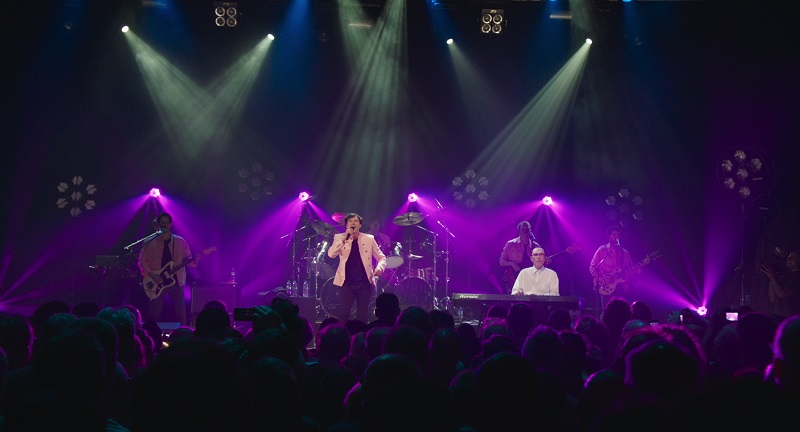
Watching this particular era of The Sparks Brothers leaves one with the most surprising of outlooks. These guys were pushing envelopes before anyone even knew there was an envelope to push. Their keyboard-driven musical landscape is mirrored, never replicated, for several decades. Sparks were doing dance-driven, beat-heavy music in 1979, long before a keyboard revolution would produce acts like New Order, The Pet Shot Boys, and others.
Another aspect of their legend came in their look. They were the most bizarre of combinations. Russell had unquestionable good looks and the ladies loved him. Russell, on the other hand, was not unattractive by any stretch of the imagination. It’s just he had that so-called “Hitler mustache.” It certainly set him apart. If there was a “straight man” in a musical group, that was Russell. His gazes at the camera on television appearances and of course in live concerts, were pure, “who the hell is this guy?” Also good in the musical landscape is to keep the audience guessing. Sparks did that and then some.
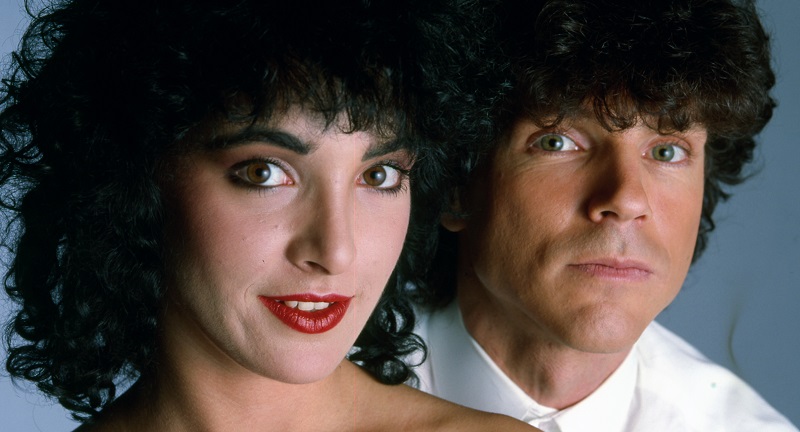
Wright, as a narrative filmmaker, is a talent beyond reproach. His Shaun of the Dead, Hot Fuzz, and The World’s End trilogy are iconic. As a documentarian, the filmmaker flexes a different set of cinematic gifts. He never lingers too long on a particular era of the band, because their entire story is the film. It would have been easy to focus on their successes and minimize their swings and misses. Instead, everything about the Sparks is laid out there, honest, raw, and real.
The interview with the guys is one thing, their brutal honesty and timeless joy comes through every moment they speak of their career. Reflecting back on a long, 50-year, career can be difficult, cathartic for those who possess any kind of regrets about things they did over their career. What is unique about The Sparks Brothers is there is pure pride emanating from these two musicians about what they have accomplished during their time in the spotlight—which I might add, still continues to this day. Each brother couldn’t be more different than the other, but it is their differences that make their collective musical genius so special. That comes through in Wright’s film like a blinding sun.
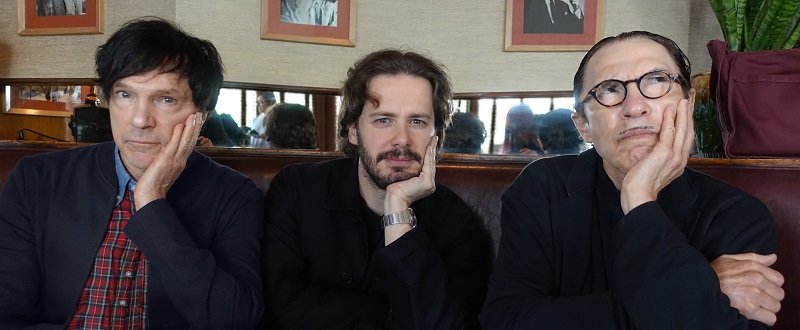
Hearing their fans (celebrity and “real” people) talk about the group adds countless layers to the story of Sparks. Especially insightful is Jane Wiedlin (of Go-Go’s fame), who dated Russell for a spat and even recorded with them in the early 80s. Also fascinating is the information provided by subjects as far-ranging as Michael Myers (yes, Austin Powers), “Weird Al” Yankovic, Nick Rhodes and John Taylor (Duran Duran), and even Steve Jones (Sex Pistols). The latter admits that there is a bit of punk in the Sparks sound. Further proof that these guys influence is far and wide and when all is said and done with The Sparks Brothers, one can see that their impact across music spans the entire planet.
Grade: A

